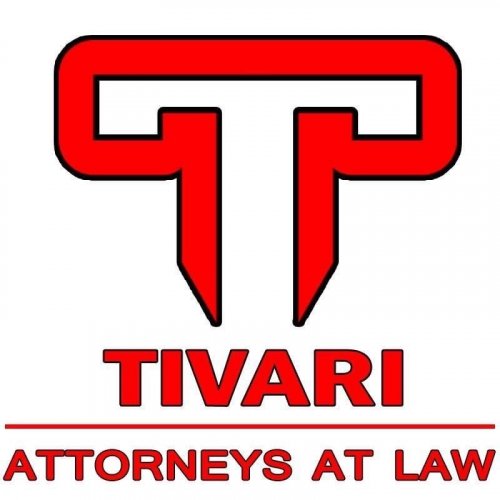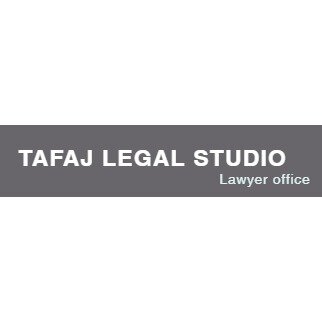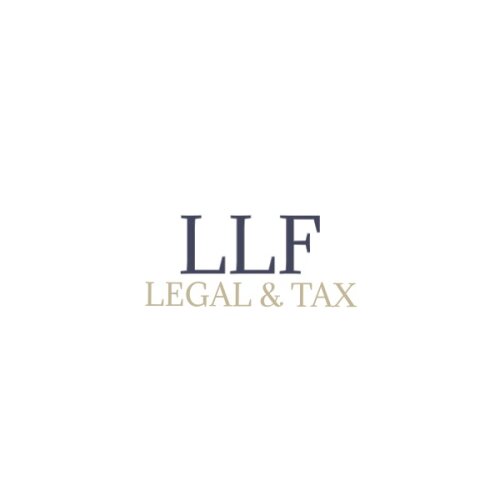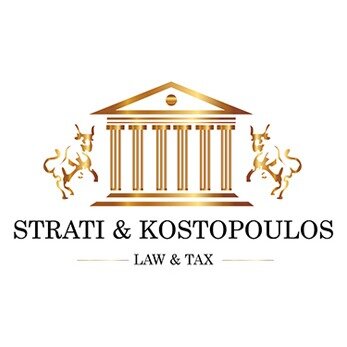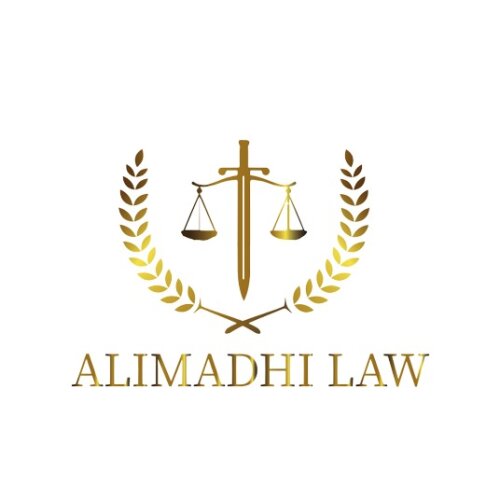Best Public-Private Partnerships (PPP) Lawyers in Albania
Share your needs with us, get contacted by law firms.
Free. Takes 2 min.
Or refine your search by selecting a city:
List of the best lawyers in Albania
About Public-Private Partnerships (PPP) Law in Albania
Public-Private Partnerships (PPP) are collaborative agreements between government entities and private sector companies. The goal is to finance, build, and operate projects that serve the public interest, such as infrastructure, utilities, healthcare, and education. In Albania, PPPs have become instrumental for economic development, allowing public services and infrastructure projects to benefit from private investment and expertise. The legal framework governing PPPs in Albania has evolved to create opportunities for innovation, improved service delivery, and risk-sharing between the public and private sectors.
Why You May Need a Lawyer
Engaging in a PPP project in Albania can be complex, involving numerous legal, regulatory, and procedural steps. There are several situations where legal assistance is essential:
- Understanding your rights and obligations under Albanian PPP law
- Negotiating and drafting PPP contracts
- Complying with procurement and tendering procedures
- Addressing disputes between public and private parties
- Managing risks related to financing, land acquisition, or regulatory compliance
- Ensuring the project meets performance and reporting obligations
- Navigating joint venture structures or consortium agreements
- Assisting in amendments, extensions, or termination of PPP contracts
A qualified lawyer can help safeguard your interests, ensure compliance, and improve the long-term success of your PPP project.
Local Laws Overview
The Albanian legal framework on PPPs is primarily governed by Law No. 125/2013 "On Concessions and Public-Private Partnership," as amended. Key aspects include:
- Scope: The law applies to a wide range of projects, such as roads, transport, energy, water, waste management, and social infrastructure.
- Procurement: PPP projects in Albania usually require a transparent, competitive procurement process, either through open tenders or, in limited cases, negotiated procedures.
- Project Agreements: PPP contracts must address the allocation of risks, obligations, financial arrangements, dispute resolution, and project duration.
- State Authorities: Several bodies are involved in overseeing PPPs, including the Concessions Agency, relevant line ministries, and local government units.
- Approvals and Supervision: Projects require government approval at several stages, and performance is monitored throughout the contract’s term.
- Termination: The law stipulates grounds and procedures for early termination by either party.
- Dispute Resolution: Disputes are commonly resolved through arbitration or courts, depending on the contract terms.
Albania’s membership aspirations with the European Union also mean that PPP laws are being shaped to align with EU standards on procurement and transparency.
Frequently Asked Questions
What is a Public-Private Partnership (PPP)?
A public-private partnership is a formal collaboration where a government body partners with a private company to deliver public projects or services, sharing risks and benefits based on agreed contractual terms.
Which laws regulate PPPs in Albania?
The main legal instrument is Law No. 125/2013 "On Concessions and Public-Private Partnership," along with numerous regulations and governmental decisions that provide detailed procedures and guidelines.
Who can initiate a PPP project in Albania?
Both public authorities and private sector entities can initiate PPP projects. Public bodies can identify needs and launch procurement, while private investors can submit unsolicited proposals subject to government approval.
What sectors are eligible for PPP in Albania?
Eligible sectors include infrastructure (roads, ports, airports), utilities (water, energy, waste), health, education, IT, and other services of public interest as outlined in the PPP law.
How are PPP projects awarded?
Projects are usually awarded through an open, competitive tender process, although certain procedures allow for negotiation in specific situations defined by law.
How long does a typical PPP agreement last?
PPP contracts in Albania typically range from 5 to 35 years, depending on the project type and sector, with the possibility of extension or early termination based on contract terms.
How are payments made under PPP contracts?
Payment structures vary. They might include service payments from the public authority, user fees, or a combination, based on the specific contract and project design.
What obligations do private partners have?
Private partners are usually responsible for financing, constructing, operating, and maintaining the project as defined in the PPP contract, along with meeting performance benchmarks.
How are disputes in PPPs resolved?
Disputes may be addressed through negotiation, mediation, arbitration, or litigation, as specified in the contract and under Albanian law. Arbitration is commonly preferred for cross-border projects.
Can foreign companies participate in PPPs in Albania?
Yes, foreign investors and companies are welcome to participate in PPP tenders in Albania, subject to meeting legal and technical qualification requirements.
Additional Resources
Several resources and institutions are available to support parties interested in PPPs in Albania:
- Albanian Ministry of Finance and Economy - Provides updates and guidance on PPP policy and legal changes
- Concessions and Public-Private Partnership Agency - Central body overseeing PPP procedures and project registry
- Public Procurement Agency - Issues rules on procurement processes related to PPPs
- Municipalities or Local Government Units - Can also launch and manage PPP projects at the local level
- European Bank for Reconstruction and Development (EBRD) and World Bank - Offer PPP project support and technical assistance
- Local law firms and consulting companies specializing in infrastructure and public procurement law
Next Steps
If you are considering participating in or proposing a PPP project in Albania, taking the following steps can help ensure a smooth and legally compliant process:
- Identify the relevant public authority and determine the specific PPP needs or opportunities
- Gather detailed information about the legal requirements and sector-specific regulations
- Consult with a lawyer or law firm experienced in Albanian PPPs to review your business plan and advise on contract terms
- Prepare thorough documentation for participation in tenders or for submission of unsolicited proposals
- Stay updated on regulatory and policy changes that may affect PPP opportunities or compliance obligations
- Consider partnering with local advisors for market insight and procedural guidance
Taking qualified legal advice from the outset is the best way to ensure your interests are protected and your PPP project progresses efficiently and compliantly in Albania.
Lawzana helps you find the best lawyers and law firms in Albania through a curated and pre-screened list of qualified legal professionals. Our platform offers rankings and detailed profiles of attorneys and law firms, allowing you to compare based on practice areas, including Public-Private Partnerships (PPP), experience, and client feedback.
Each profile includes a description of the firm's areas of practice, client reviews, team members and partners, year of establishment, spoken languages, office locations, contact information, social media presence, and any published articles or resources. Most firms on our platform speak English and are experienced in both local and international legal matters.
Get a quote from top-rated law firms in Albania — quickly, securely, and without unnecessary hassle.
Disclaimer:
The information provided on this page is for general informational purposes only and does not constitute legal advice. While we strive to ensure the accuracy and relevance of the content, legal information may change over time, and interpretations of the law can vary. You should always consult with a qualified legal professional for advice specific to your situation.
We disclaim all liability for actions taken or not taken based on the content of this page. If you believe any information is incorrect or outdated, please contact us, and we will review and update it where appropriate.
Browse public-private partnerships (ppp) law firms by city in Albania
Refine your search by selecting a city.





